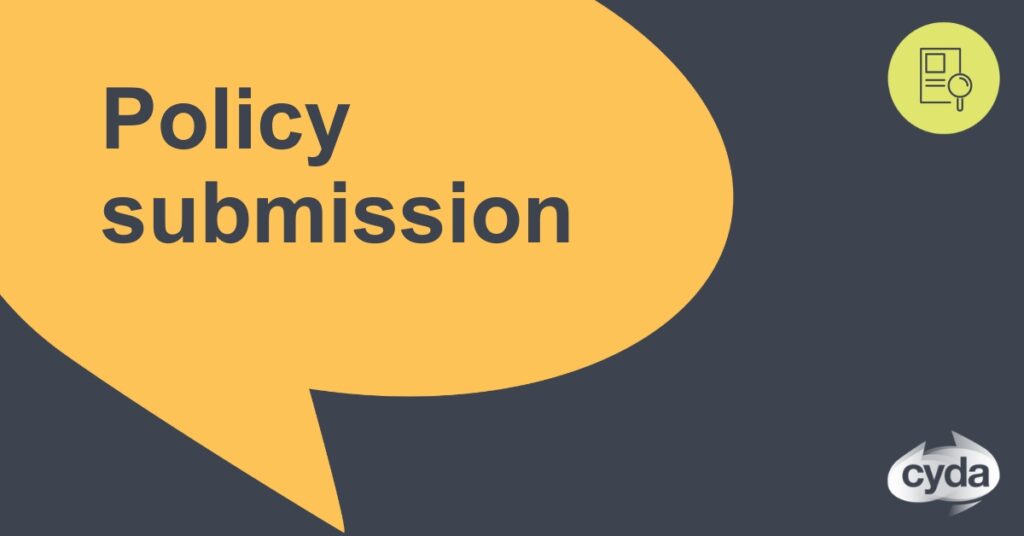Children and young people with disability remain one of Australia’s most disadvantaged cohorts. The breadth and consequence of that disadvantage is profound. Across all the outcome areas identified in the Discussion Paper, available statistics and research clearly demonstrate that there is a critical need to focus on children and young people with disability to address the shameful rates of disadvantage experienced.
You can download our full submission using the buttons above.


